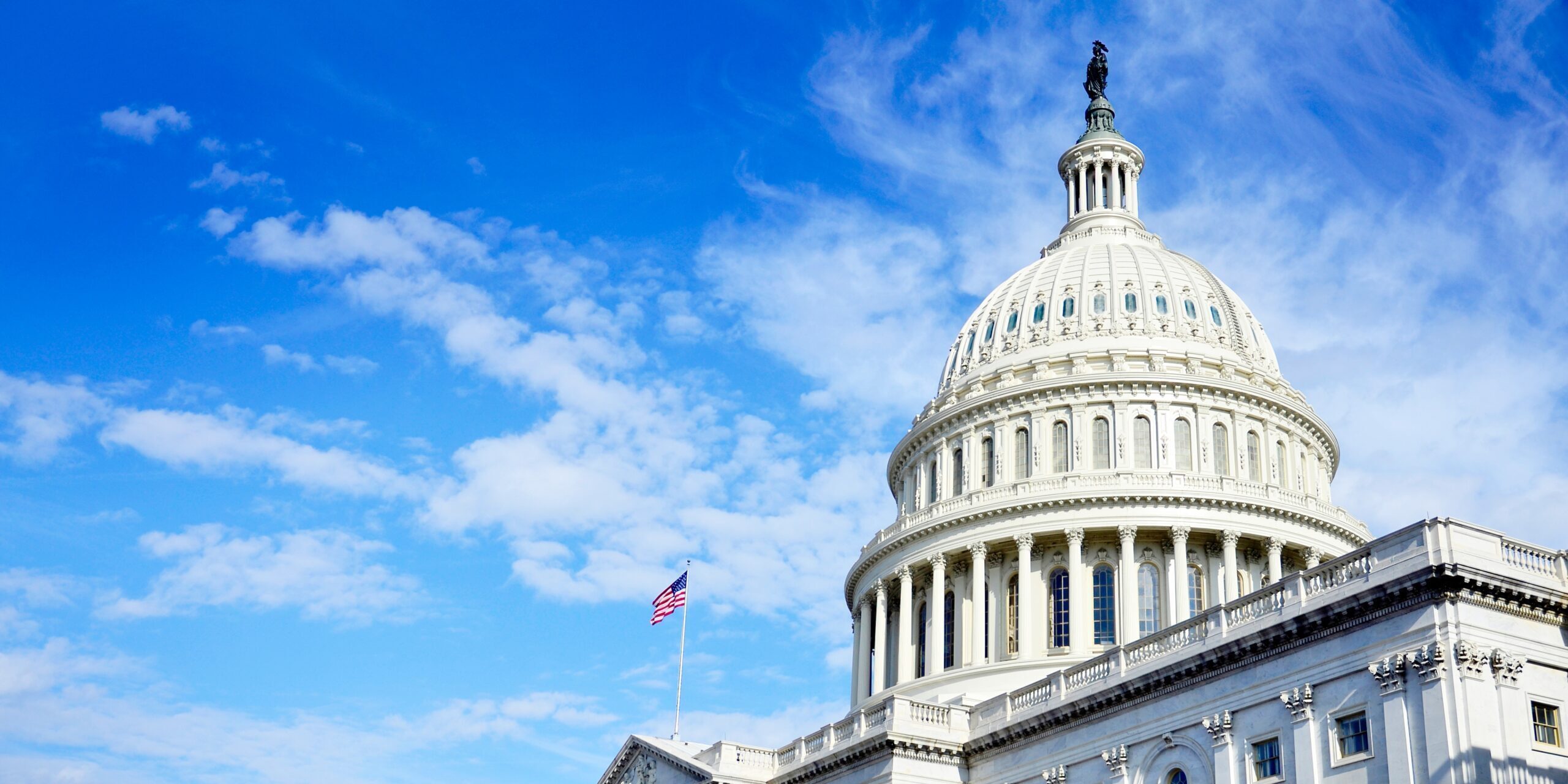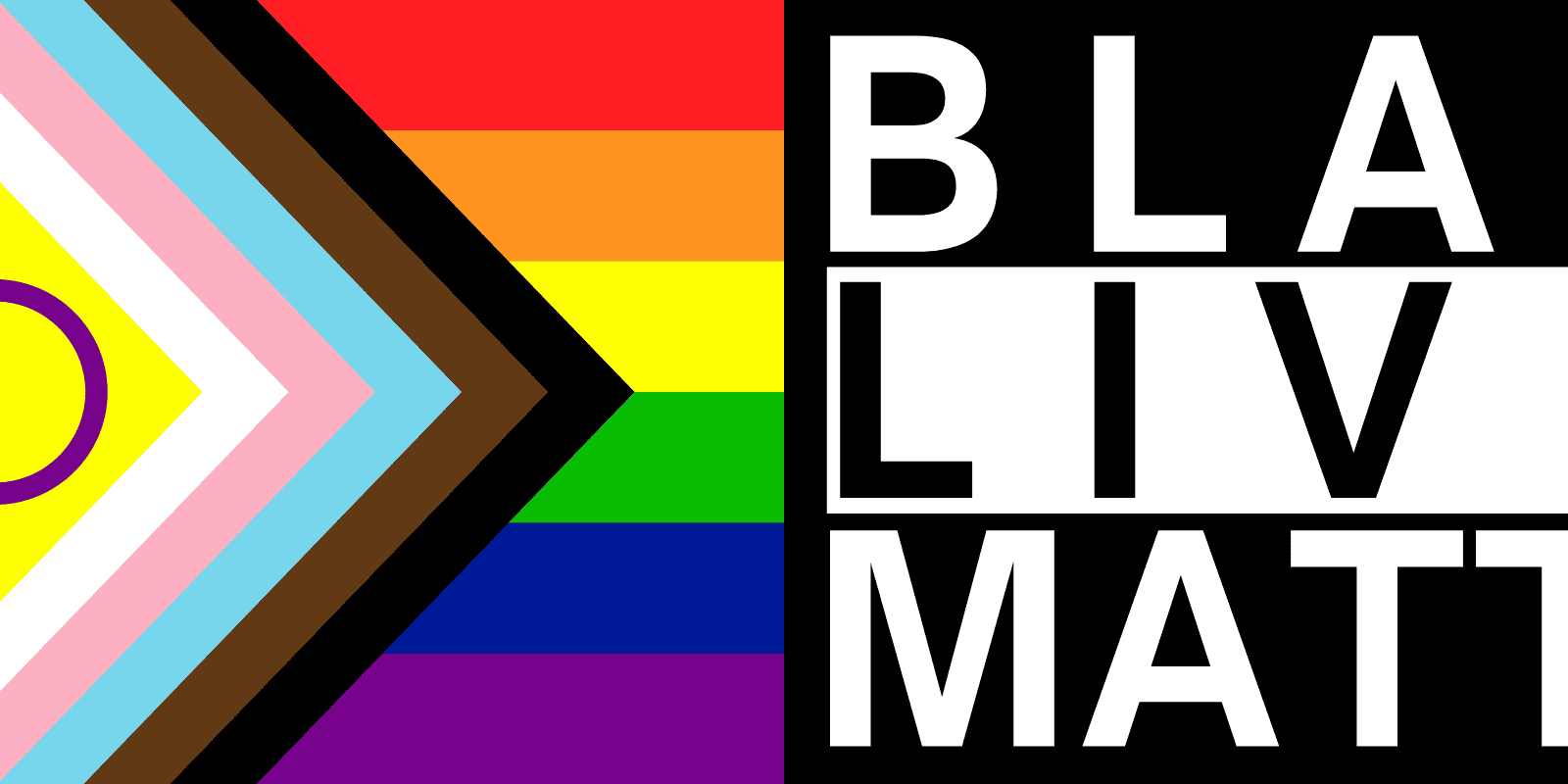Academic Freedom Alliance – New Organization Works to Protect Freedom at Colleges and Universities

A group of almost 200 college and university faculty members has formed the Academic Freedom Alliance (AFA), an organization “dedicated to the principle of academic freedom.” The group began with “a group of 20 Princeton professors organized to defend academic freedom,” reported The Chronicle of Higher Education, and it has now grown to include members from dozens of colleges and universities across the country.
AFA says it will fight on two fronts, “First, our members will defend faculty members’ freedom of thought and expression in their work as researchers and writers or in their lives as citizens.” The group will work for “freedom from ideological tests, affirmations, and oaths” and for “freedom to design courses and conduct classes using reasonable pedagogical judgment.”
“Second, the AFA will aid in providing legal support to faculty whose academic freedom is threatened by institutions’ or officials’ violations of constitutional, statutory, contractual, or school-based rights.”
Robert P. George is McCormick Professor of Jurisprudence, at Princeton University and a member of the Academic Committee of the new alliance. He told The Chronicle that “academics behave like zebras” which “fly off in a million directions” when hunted by lions. Single zebras are then “easily taken down and destroyed and eaten.”
George said that elephants, on the other hand, “circle around the vulnerable elephant.” He asked, “Why don’t we act like elephants? Why don’t we circle around the victim?”
He said, “Universities know that university faculty can’t afford to fight city hall or the university, so they know they can do anything to these people without any consequences. So we’re going to shift that — so that the university general-counsel offices will know that the university is in the fight of its life if it violates academic-freedom rights.”
AFA said it has members from “across the political spectrum” who “recognize that an attack on academic freedom anywhere is an attack on academic freedom everywhere.”
Professor George told The Chronicle that progressive faculty members often feel “even more closely monitored for ideological orthodoxy by students and activist colleagues than their conservative peers.” He said, “They are absolutely terrified, and they know they can never keep up with the wokeness. What’s OK today is over the line tomorrow, and nobody gave you the memo.”
The Foundation for Individual Rights in Education is another organization with a mission “to defend and sustain the individual rights of students and faculty members at America’s colleges and universities.” The group lists case after case of academics who have been targeted because of what they’ve said in classes or in outside forums. Here are just a few examples:
- Saint Joseph’s University Professor Gregory Manco posted tweets on his personal Twitter account, criticizing reparations for slavery and arguments about racism in the United States. He was suspended by the school, pending an investigation.
- John Eastman, a legal scholar and founding director of the Center for Constitutional Jurisprudence, was a visiting professor at the University of Colorado, Boulder. After making public statements that the November 2020 election had been stolen, his courses where cancelled by the university’s administration.
- Associate Professor of Medicine Norman C. Wang, at the University of Pittsburgh, had his teaching privileges revoked after he published a paper in the Journal of the American Heart Association, about the demographics of health professionals working in cardiology.
- Professor Mark Crispin Miller, from New York University, taught a class on propaganda in the media focusing on campaigns about wearing a mask. A student criticized the course, and Miller defended his academic freedom in a blog post. Faculty members asked the university to investigate his teaching and personal writing.
Keith E. Whittington, who chairs AFA’s Academic Committee, told Princetonians for Free Speech, “The freedom of faculty to raise difficult questions, express dissenting points of view, and pursue unpopular scholarly agendas is under systematic assault across the country, and in many places university leaders are not very willing to stand up for academic freedom when doing so is costly.” Whittington is the William Nelson Cromwell Professor of Politics at Princeton University.
The professor said, “When public controversies break out regarding faculty speech, professors at the heart of the controversy are often isolated and vulnerable. They don’t always know their rights or how to protect them, and they are demoralized as a wave of public condemnation comes down on them. We hope to put such embattled professors in a better position to fight back and to put pressure on universities to live up to their own commitments to defend free speech and academic freedom even when doing so is hard.”
AFA says its “defense of faculty members’ academic freedom does not depend on viewpoint, nor does it endorse the content of what they express. What we defend is members’ right of expression.”
Related articles:
Comply or be Disciplined: Professor Punished for Calling Student “Sir”
Conservative Professors at Risk from Progressive Colleagues, Survey Shows
Photo from Facebook
ABOUT THE AUTHOR
Jeff Johnston is a culture and policy analyst for Focus on the Family and a staff writer for the Daily Citizen. He researches, writes and teaches about topics of concern to families such as parental rights, religious freedom, LGBT issues, education and free speech. Johnston has been interviewed by CBS Sunday Morning, The New York Times, Associated Press News, The Christian Post, Rolling Stone and Vice, and is a frequent guest on radio and television outlets. He graduated Phi Beta Kappa from San Diego State University with a Bachelors in English and a Teaching Credential. He and his wife have been married 30 years and have three grown sons.
Related Posts

Focus on the Family Supports Bill Restoring Churches and Non-Profits’ Free Speech Rights
April 1, 2025

Corey DeAngelis Sues School Board for Violating His Free Speech
January 17, 2025

Colorado Officials Pay $1.5 Million for Violating the Constitution
November 22, 2024

‘Pride’ and Black Lives Matter Flags to Become School Symbols
November 19, 2024
